Essays on Vedic and Indo-European Culture
₹695.00
In stock
This book is about the cultural and religious patterns as these may be
reconstructed on a twofold basis: Vedic poets views as known from the
Rgveda and some old Indo-European literary sources examined in a
comparative perspective.
In its main bulk offers a novel approach to the Vedic theory of sacrifice
from the point of view of the Vedic priest as an individual social type
whose doing was conditioned by the conflict between the groups practising
sacrifice as well as the tension between the patron of the sacrifice and
the officiant. It also envisages the integration of the warrior into the
sacrificial ritual and suggests a solution to the problem of the daksina
(commonly called sacrificial priest's salary) interpreted as a
materialisation of the relation between the priest, the gods invoked and
the patrons of sacrifice, the daksina's function being to denote the value
of the poetic word in the prayer.
Too Good to Resist Sale is Live BUY AND SAVE NOW
Essays on Vedic and Indo-European Culture
This book is about the cultural and religious patterns as these may be
reconstructed on a twofold basis: Vedic poets views as known from the
Rgveda and some old Indo-European literary sources examined in a
comparative perspective.
In its main bulk offers a novel approach to the Vedic theory of sacrifice
from the point of view of the Vedic priest as an individual social type
whose doing was conditioned by the conflict between the groups practising
sacrifice as well as the tension between the patron of the sacrifice and
the officiant. It also envisages the integration of the warrior into the
sacrificial ritual and suggests a solution to the problem of the daksina
(commonly called sacrificial priest’s salary) interpreted as a
materialisation of the relation between the priest, the gods invoked and
the patrons of sacrifice, the daksina’s function being to denote the value
of the poetic word in the prayer.
The book tackles also some particular issues in Vedic and Indo-European
religions: the typology of the warrior, the ‘cooking’ of the poetic word
linked to the double-entendre in Vedic poetry designed as a means to solve
the problem of the relative importance of the speech within sacrificial
ritual and of the food offerings to the gods; the early origins of the
yogic practice in Vedic times related to some Indo-European practices as
disclosed in Avestan, Hittite and Latin texts.
Review(s)
“…. an excellent comparative study of Veic and Indo-European culture. In
this age of global awareness of inter-cultural dimensions of human wisdom
this publication will prove to be of great importance.”
–Prabhuddha
About the Author(s)
Additional information
| Weight | 0.5 kg |
|---|---|
| Dimensions | 10 × 11 × 12 cm |
| Book Author | Boris Oguibenine |
You must be logged in to post a review.






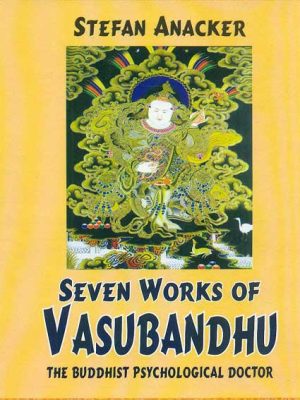

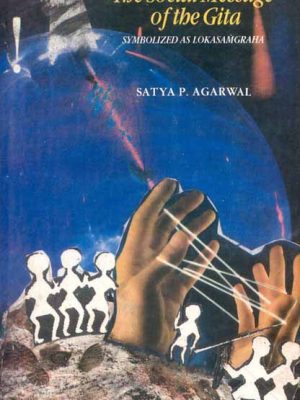

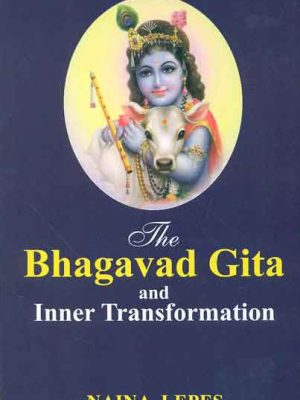
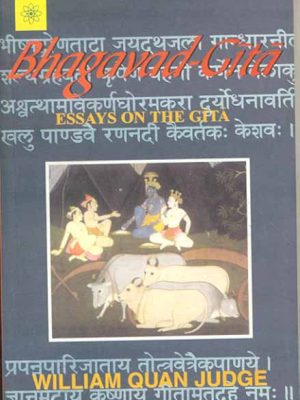
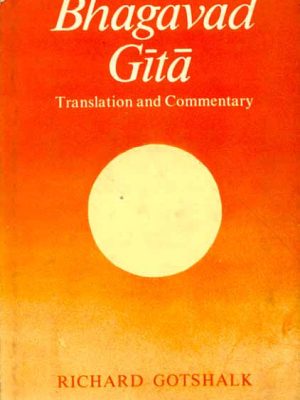
Reviews
There are no reviews yet.